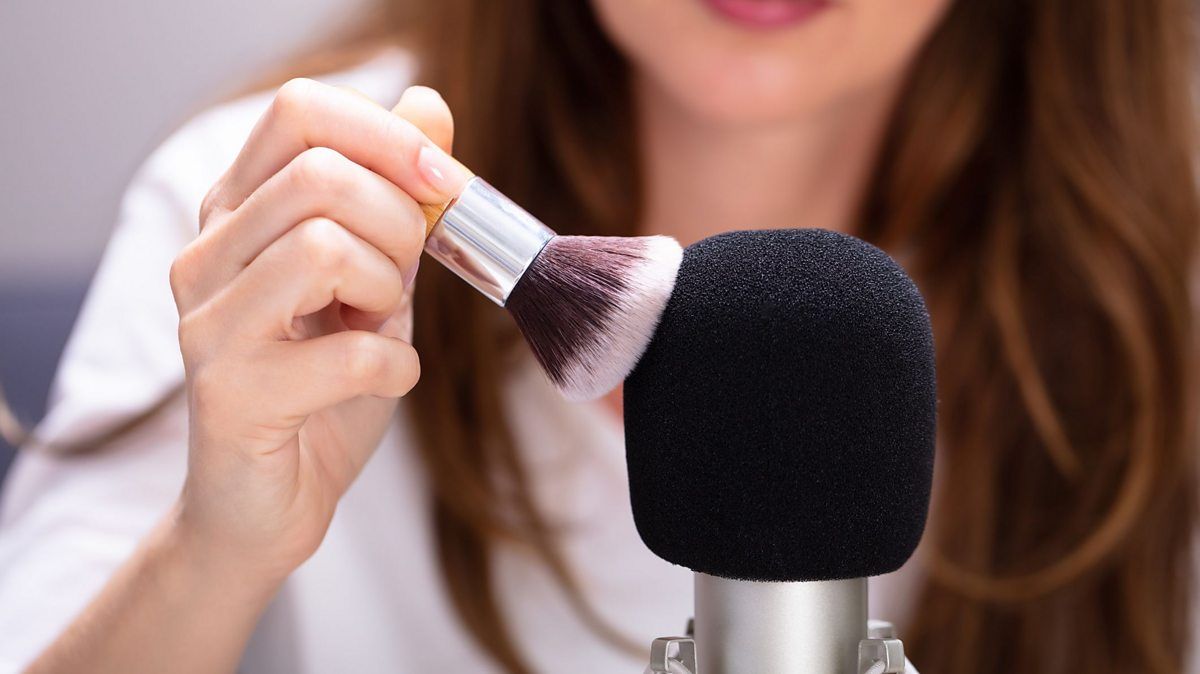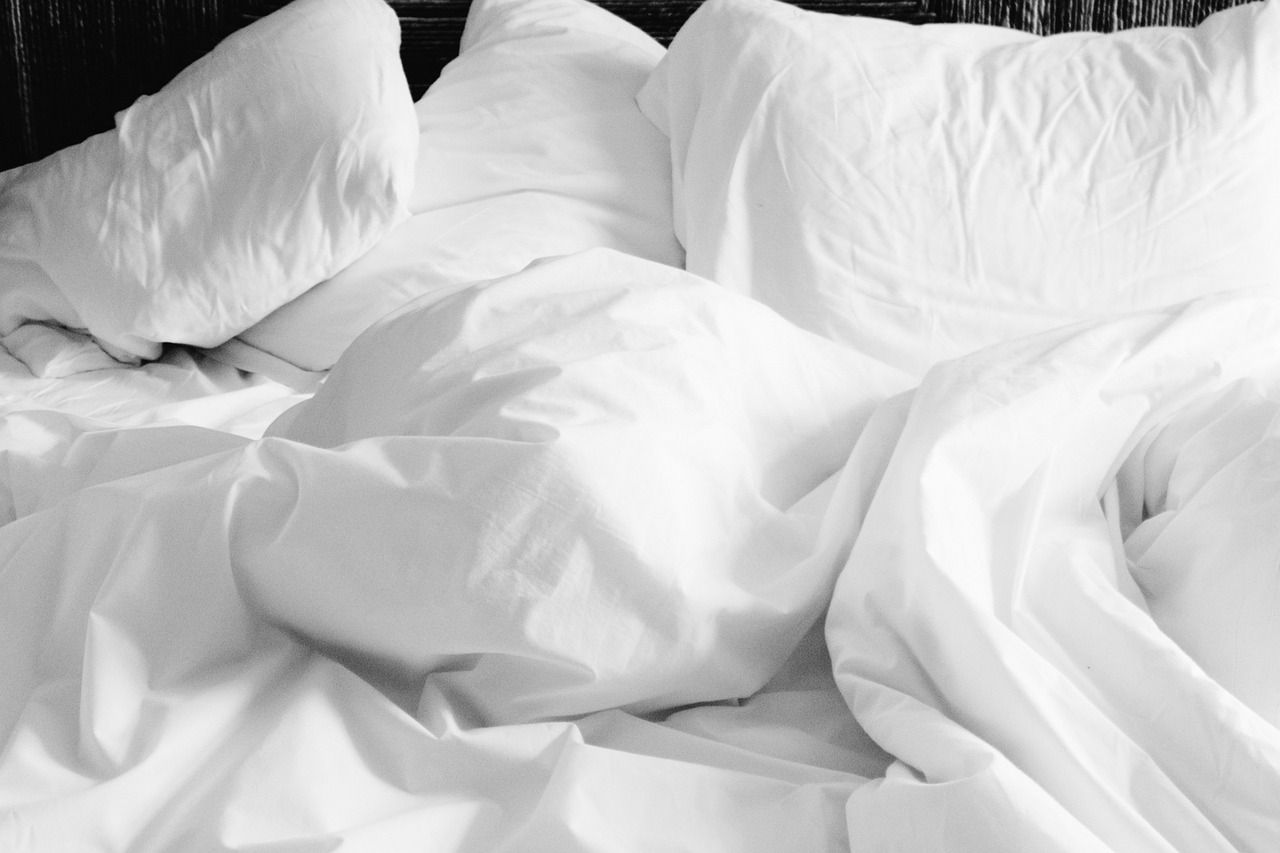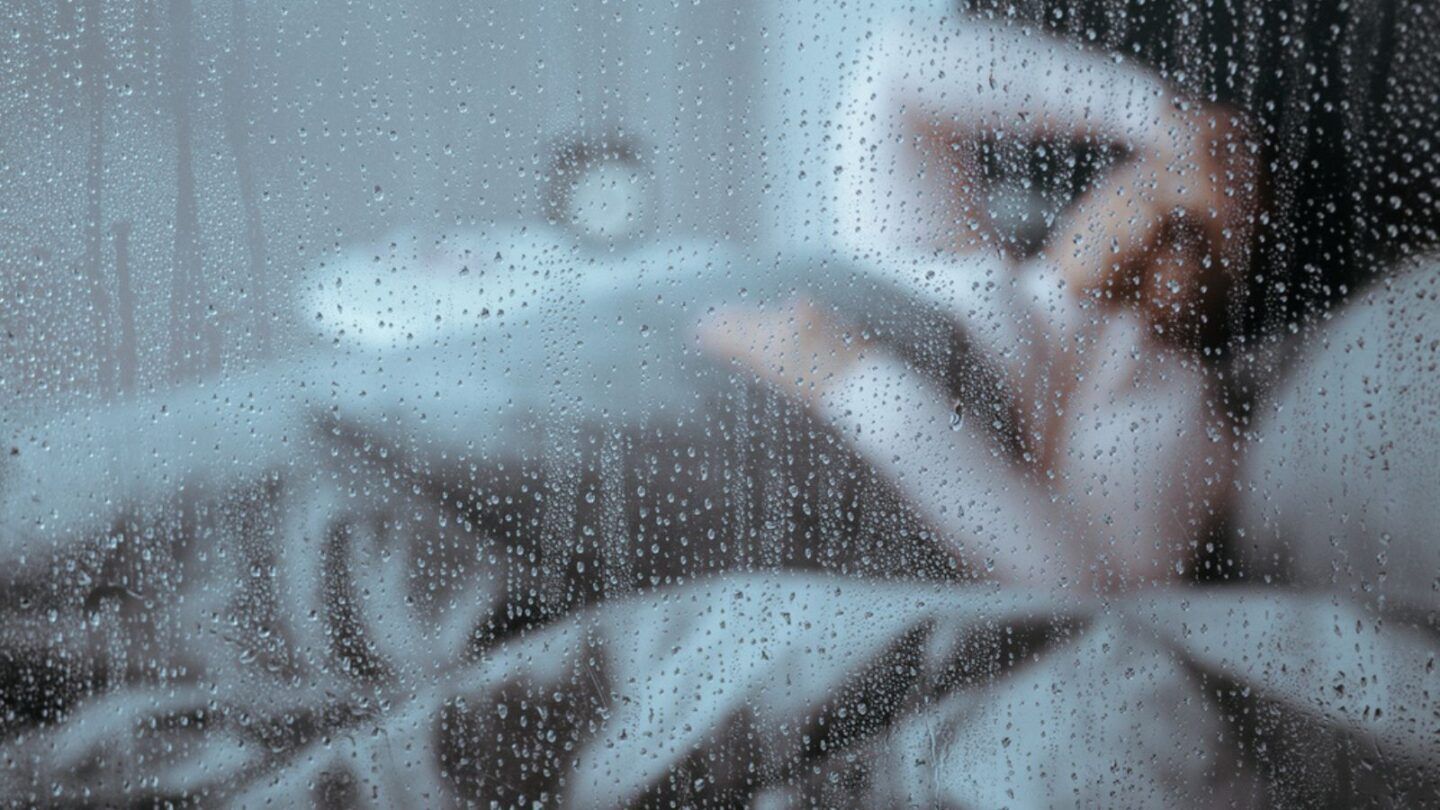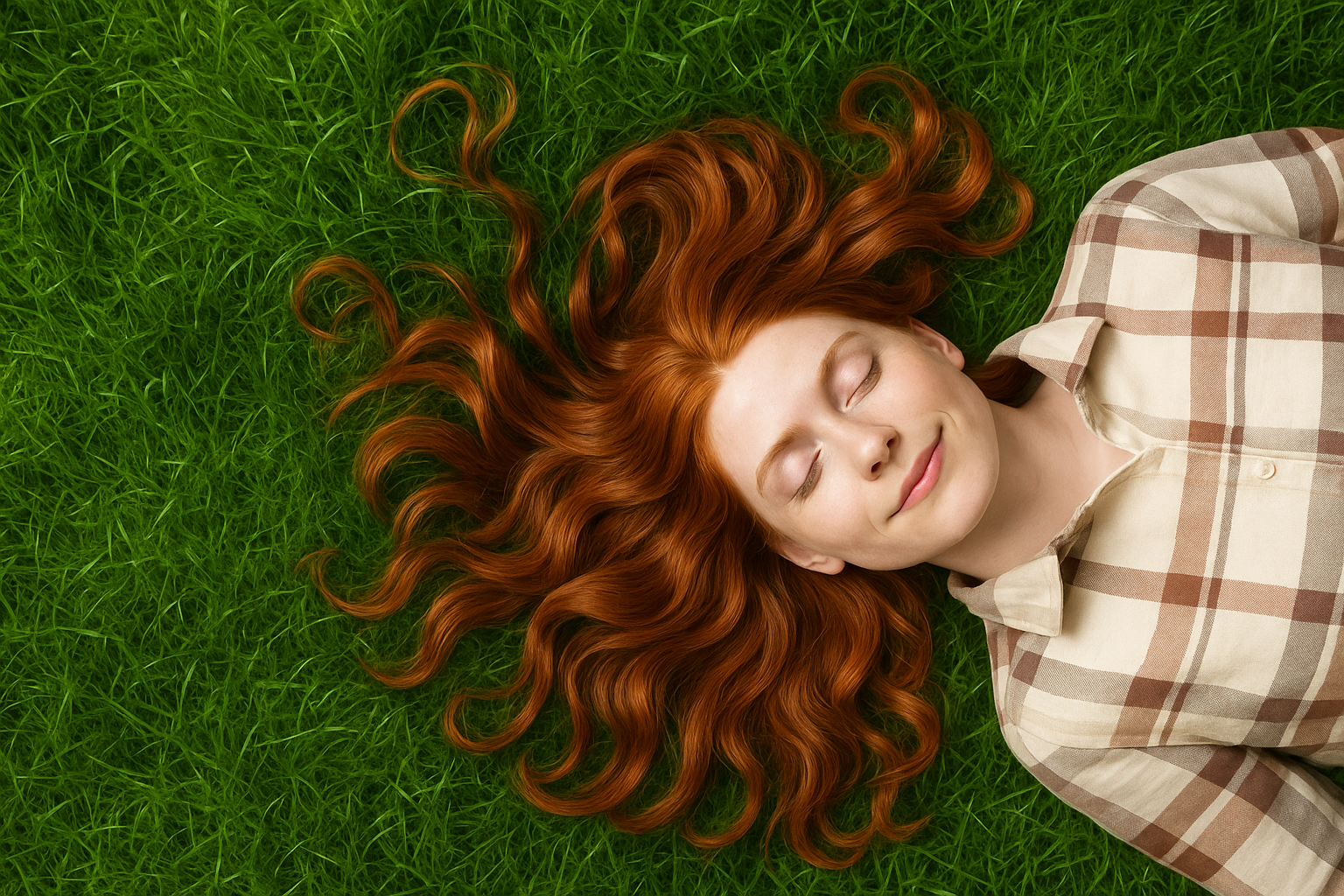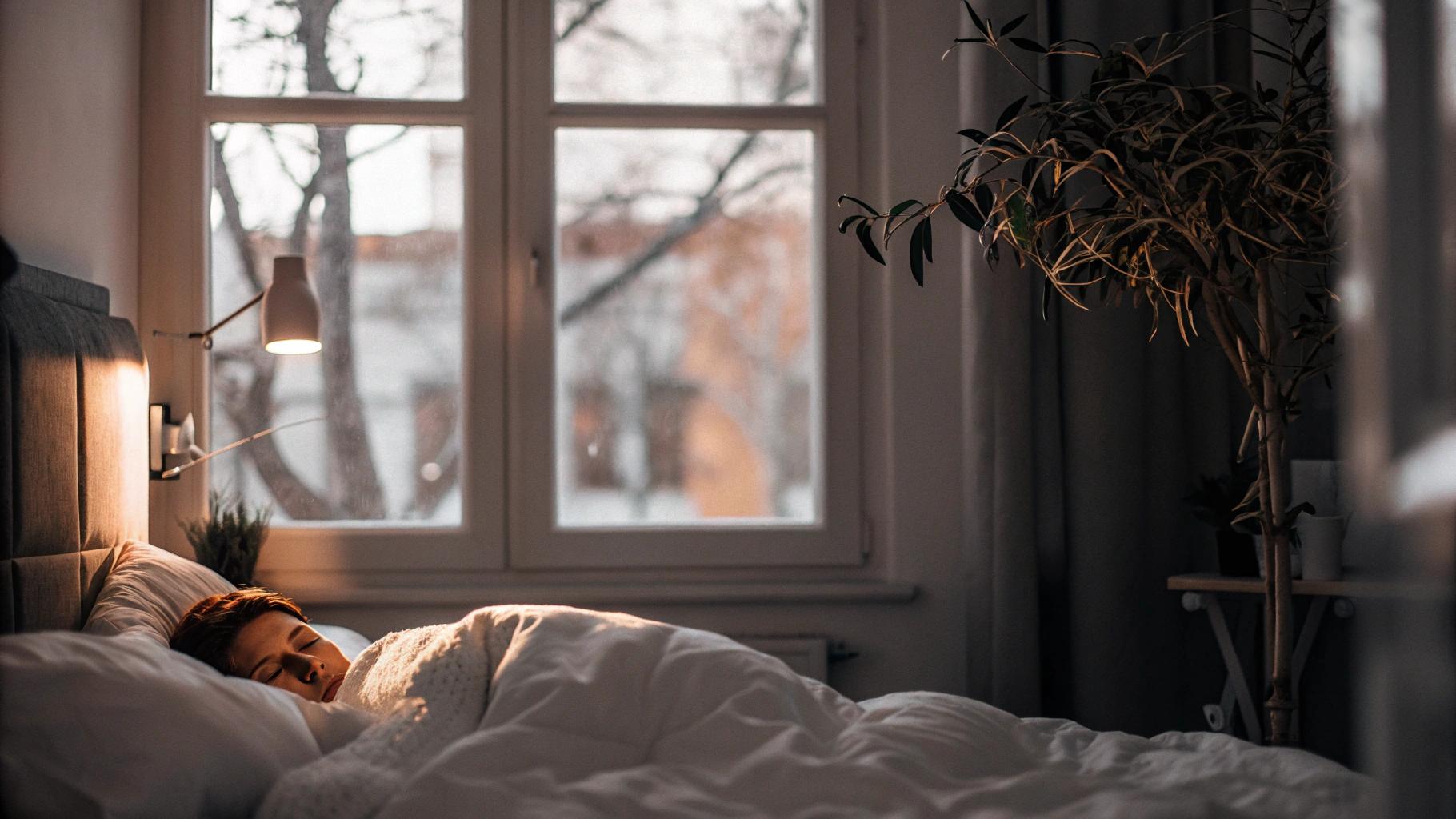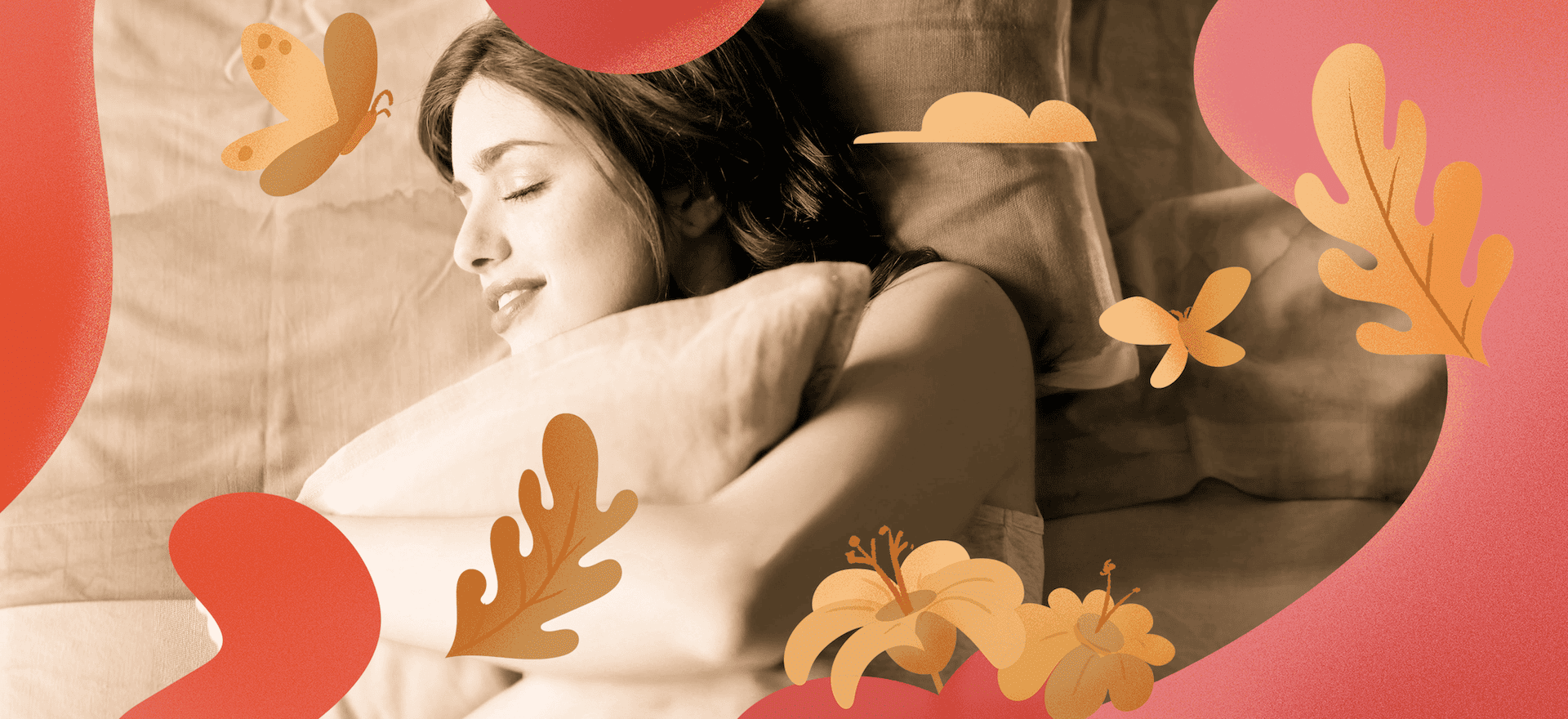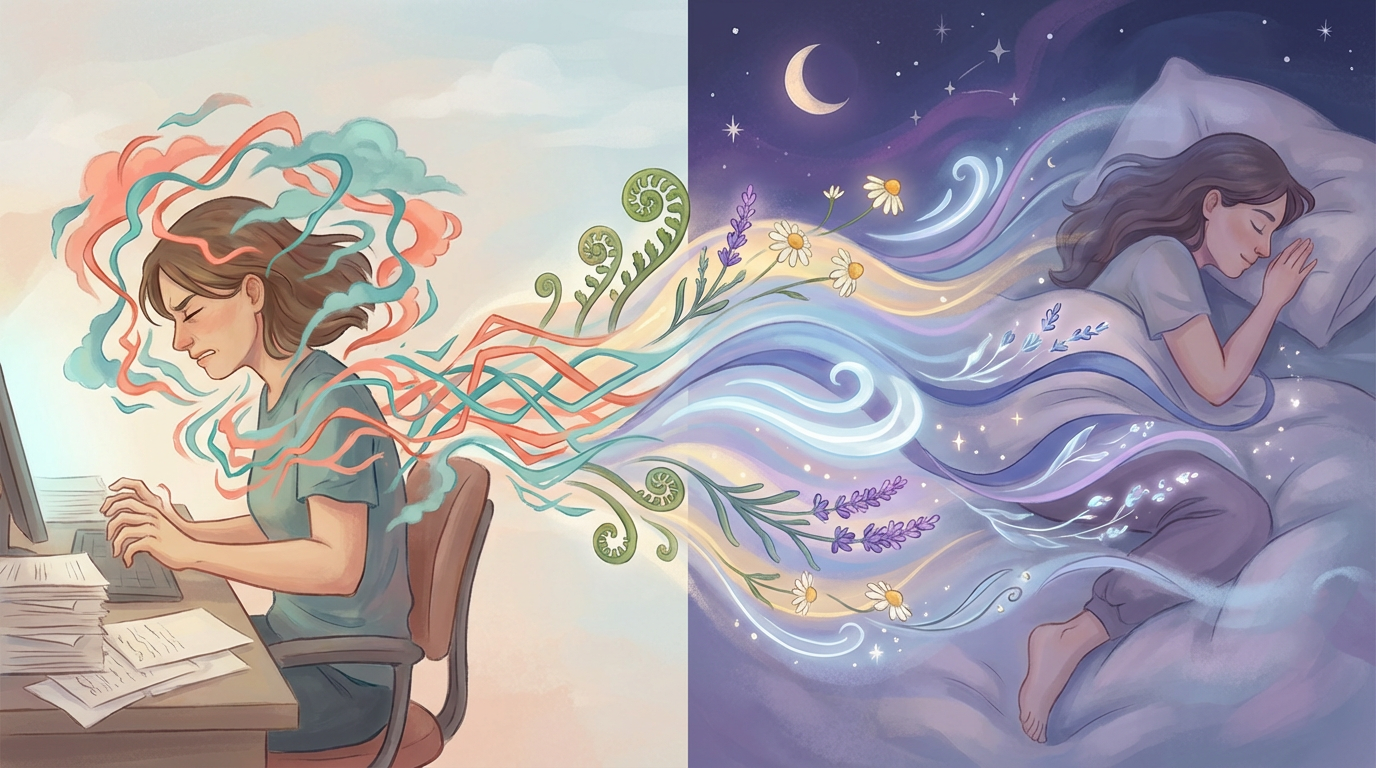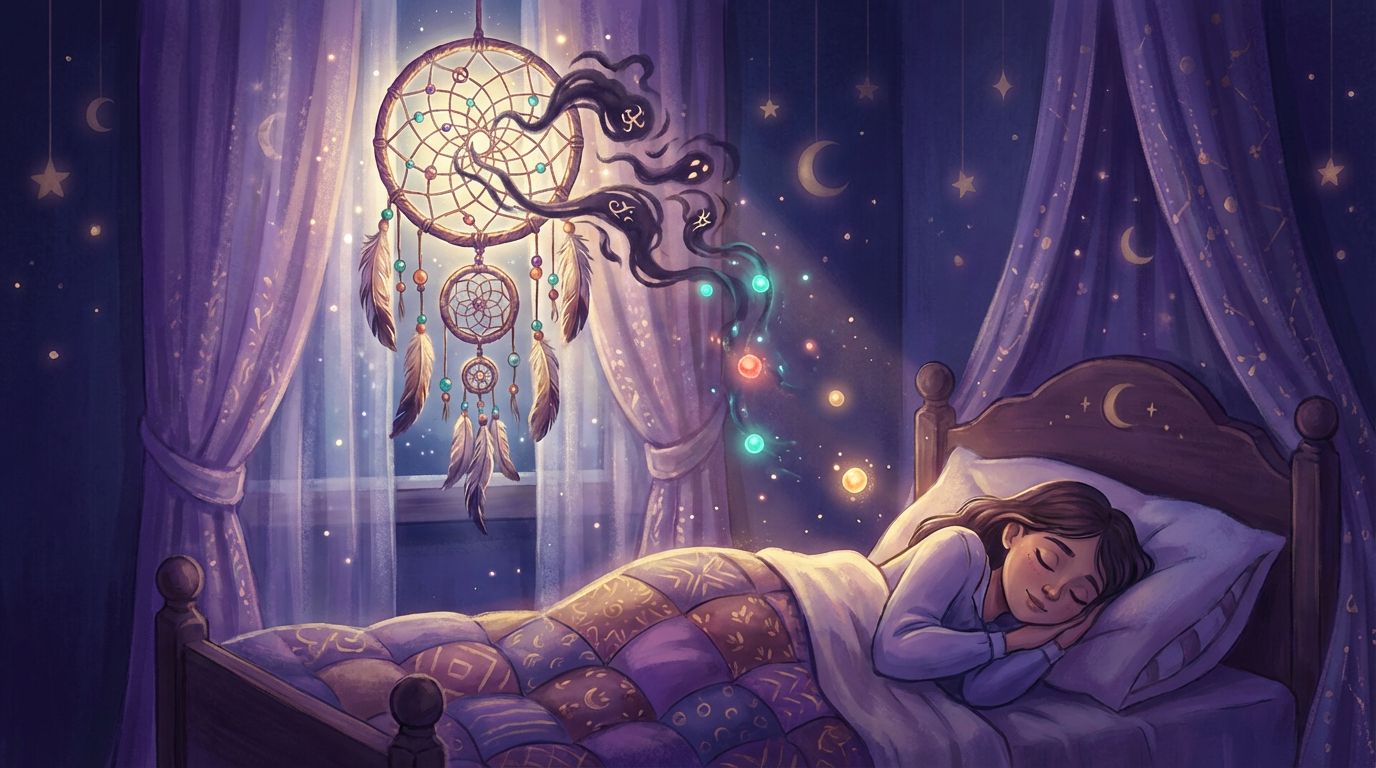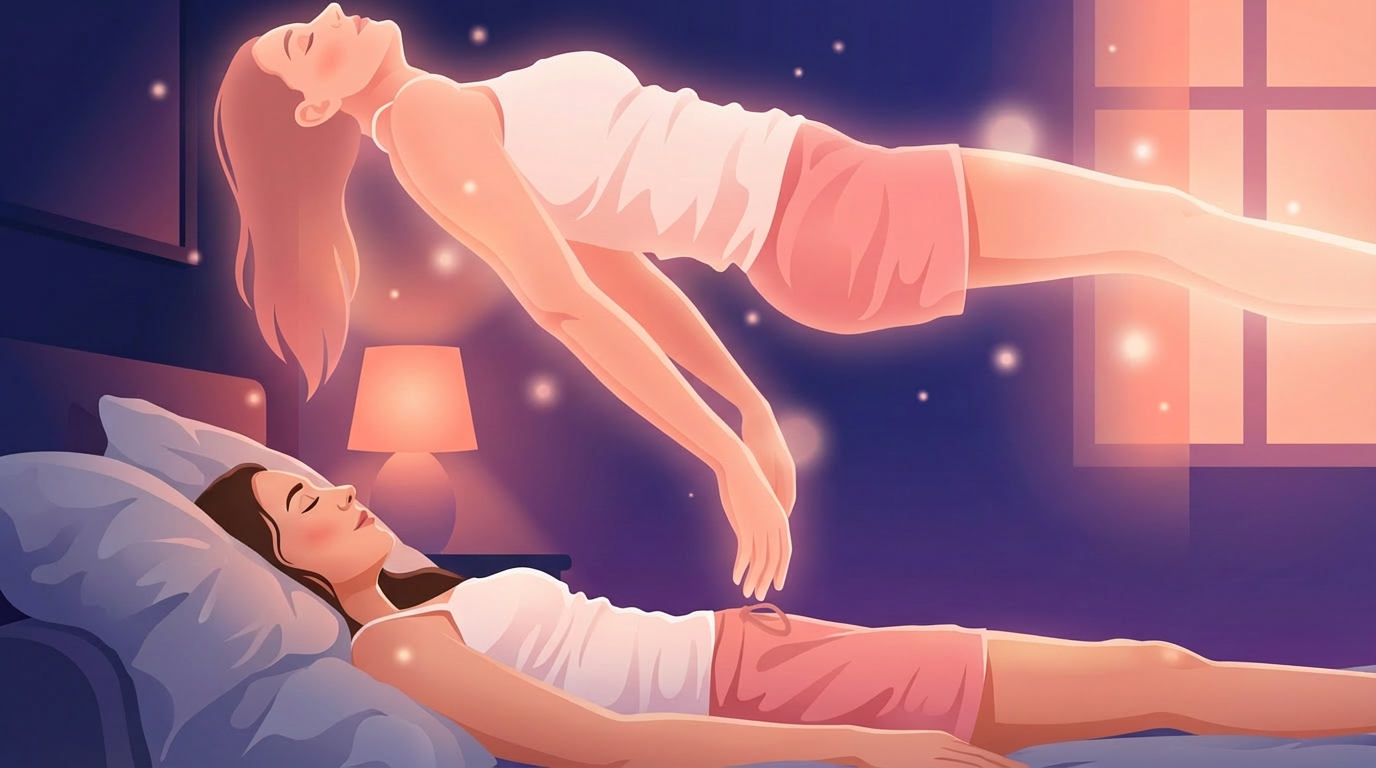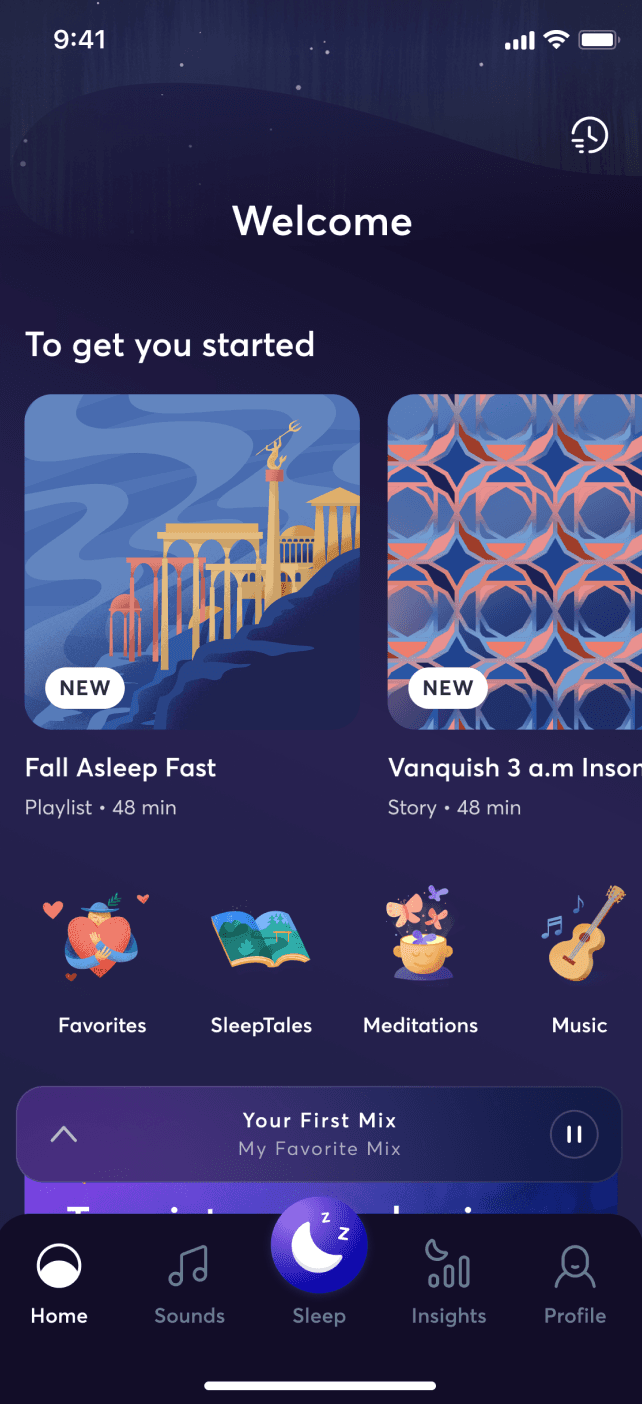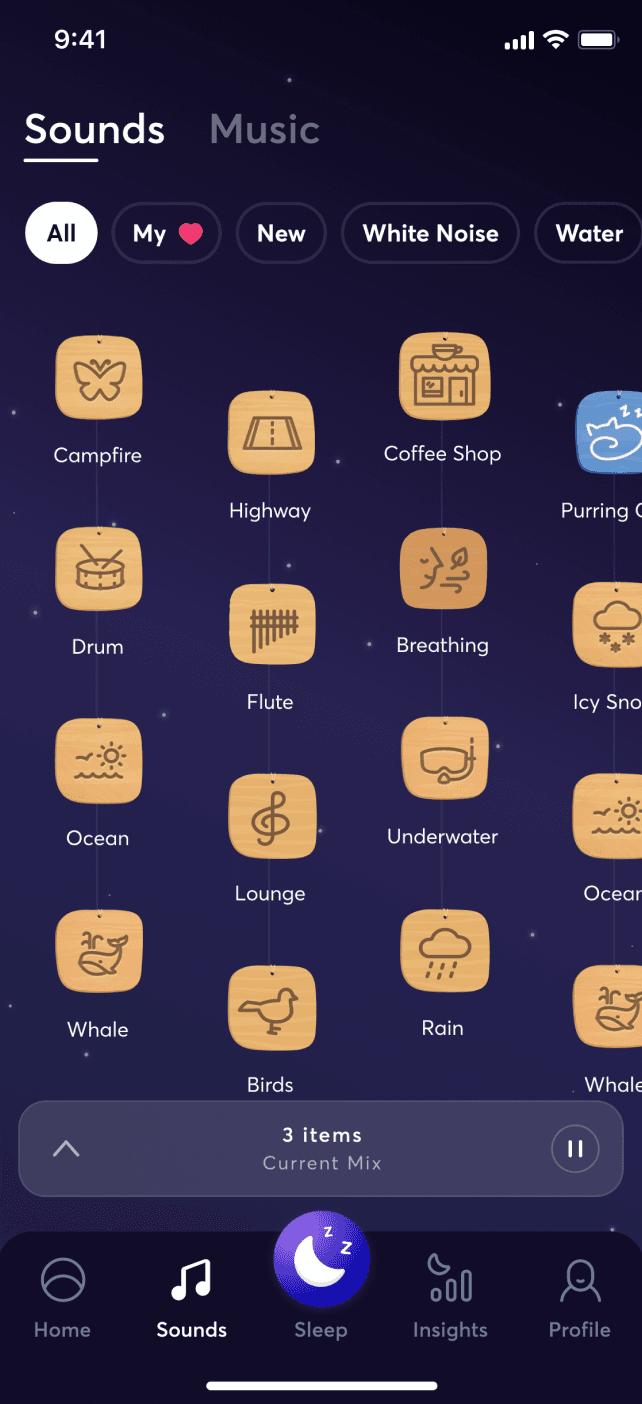
Chronotypes: Chipmunk
What time do you wake up without an alarm? You might be a natural early riser or tend to sleep in. Whatever the case is, these are direct indicators of what your sleep chronotype may be.
From the Rabbit to the Chickadee, we’ve already covered a couple of sleep chronotypes; in today’s article, we’ll be teaching you more about animal chronotypes and more specifically the Chipmunk chronotype. Keep reading to learn more.
How your chronotype may change
Your chronotype changes with age. When you’re little, your chronotype is generally earlier, meaning you probably naturally woke up early in the morning.
Generally, once we reach our teenage years, our chronotype tends to get pushed back. This is why teenagers are commonly considered “lazy,” they’re experiencing a change in their chronotype making it more difficult for them to get up early in the morning for school.
Your chronotype begins to shift earlier and earlier as we enter our 20s. Eventually, it gets to a point where it remains stagnant and doesn't change for years to come.
The next time we may experience a chronotype shift, is when we become older adults.
The advantage of knowing your chronotype
Regardless of your age, there’s a strong advantage to knowing your chronotype animal. Having this basic understanding in different stages of your life can set you up for success. Allowing you to create a schedule that suits your body’s needs; it can help you be more productive, and even helps leverage energy levels at the right time of day so you can be at your most efficient.
Are you a Chipmunk chronotype?
There’s no particular test you can take to figure out your chronotype. However, there are questions that could help you identify chronotype animals easier.
If you answer yes to any of these, you may be a Chipmunk chronotype:
- Are you most productive during daylight hours?
- Do you naturally go to sleep after the sunset?
- Do you find yourself naturally waking before the sunrise?
If you answered yes to any of these, chances are you’re a Chipmunk chronotype. This is actually the most common chronotype. This is good news for you as the natural order of our society seems to fit perfectly with your natural wake, sleep, and productivity times.
What Your Chronotype Means for You
Although our chronotypes vary and change there are always certain steps we can take to help us get better sleep, regardless of our circumstances.
By making changes and taking on new habits you can help yourself get better rest and naturally fall into your chronotype allowing for more productivity, higher energy levels, and an overall increased mood.
An important part of sleep is relaxing. And sometimes for many of us, our minds run rampant, and our stress levels soar causing an inability to fall asleep.
BetterSleep offers a variety of relaxation methods that will help you fall asleep on time with your chronotype schedule, and ready to take on your day the next morning with energy and vigor. Try it for free today!

